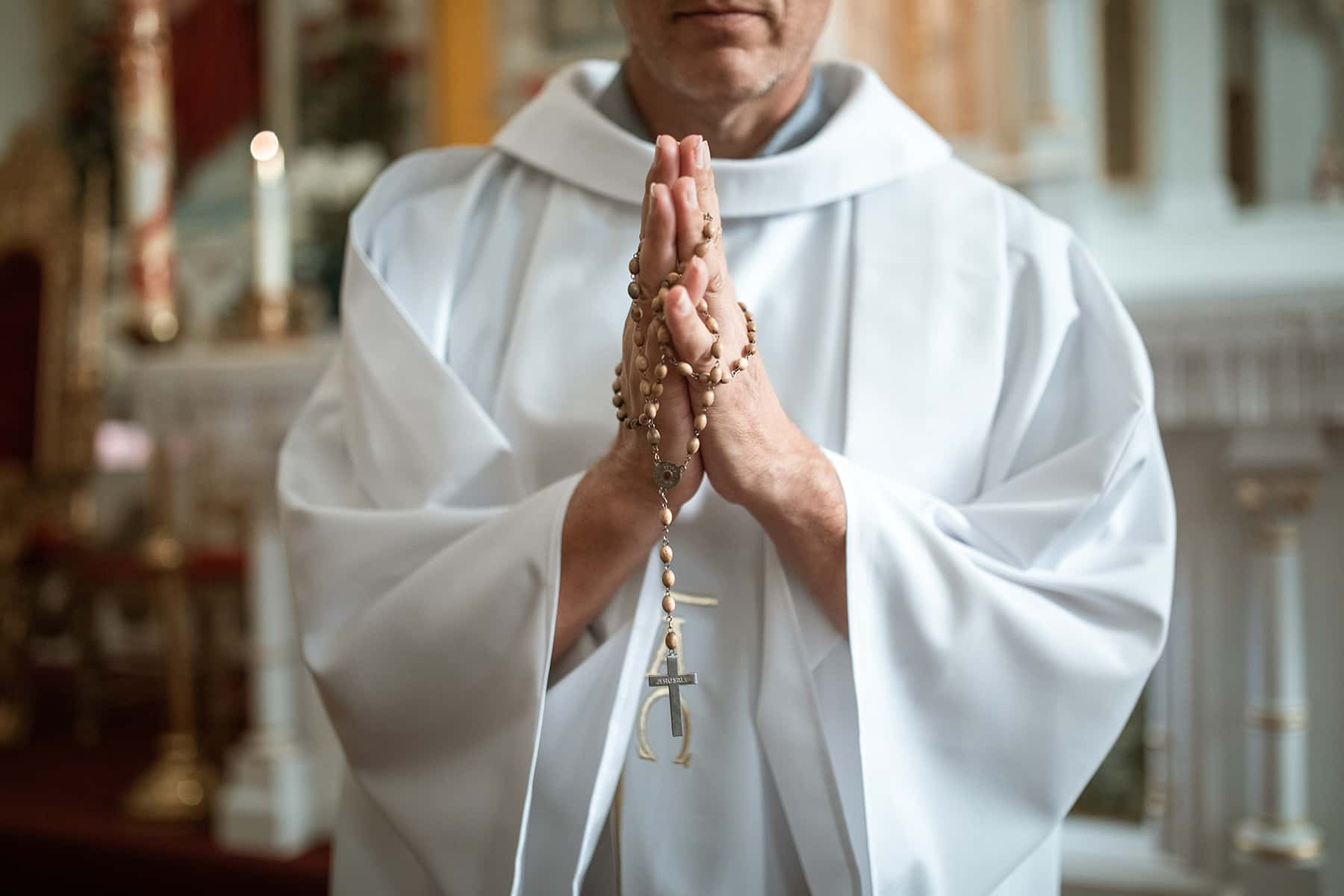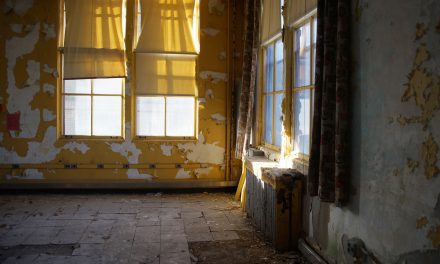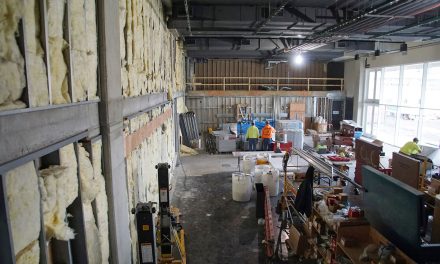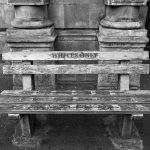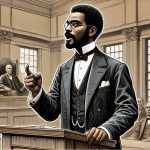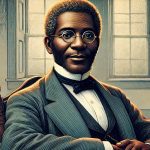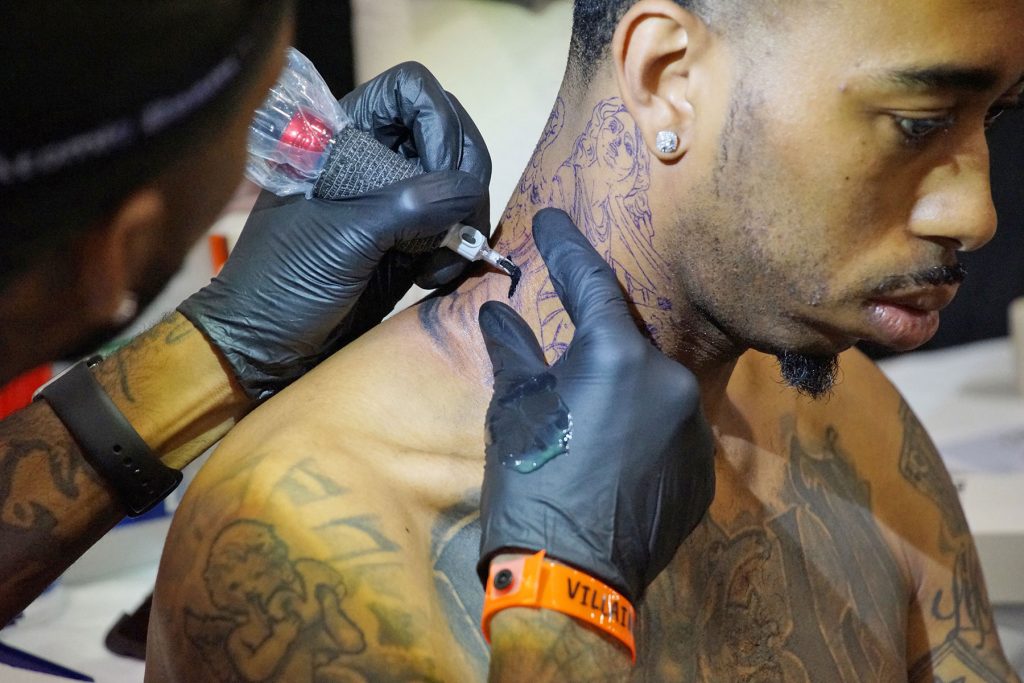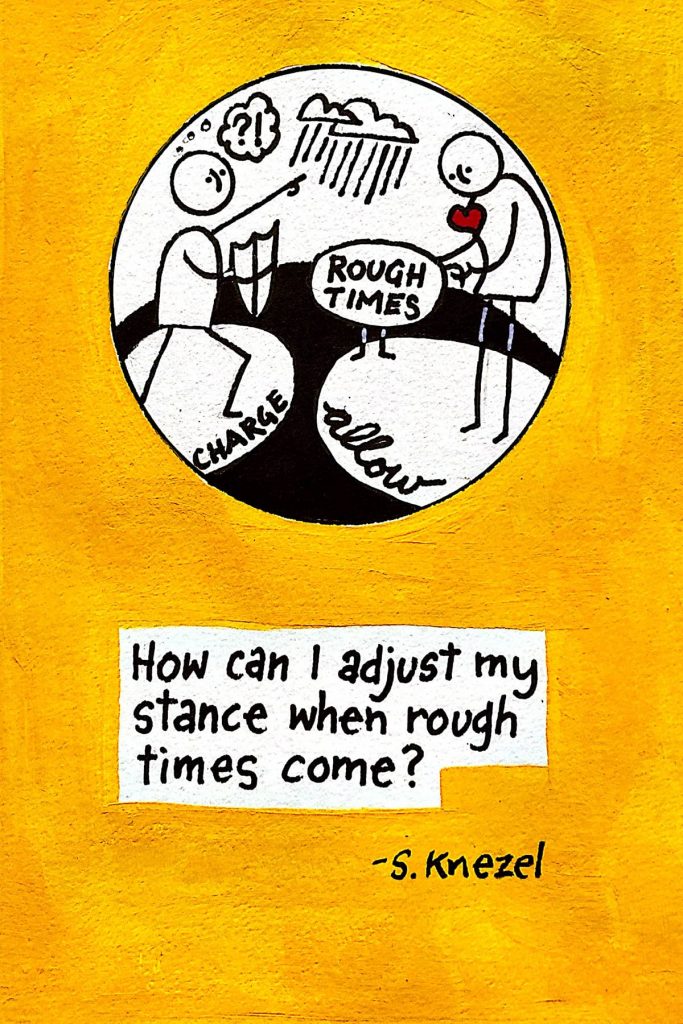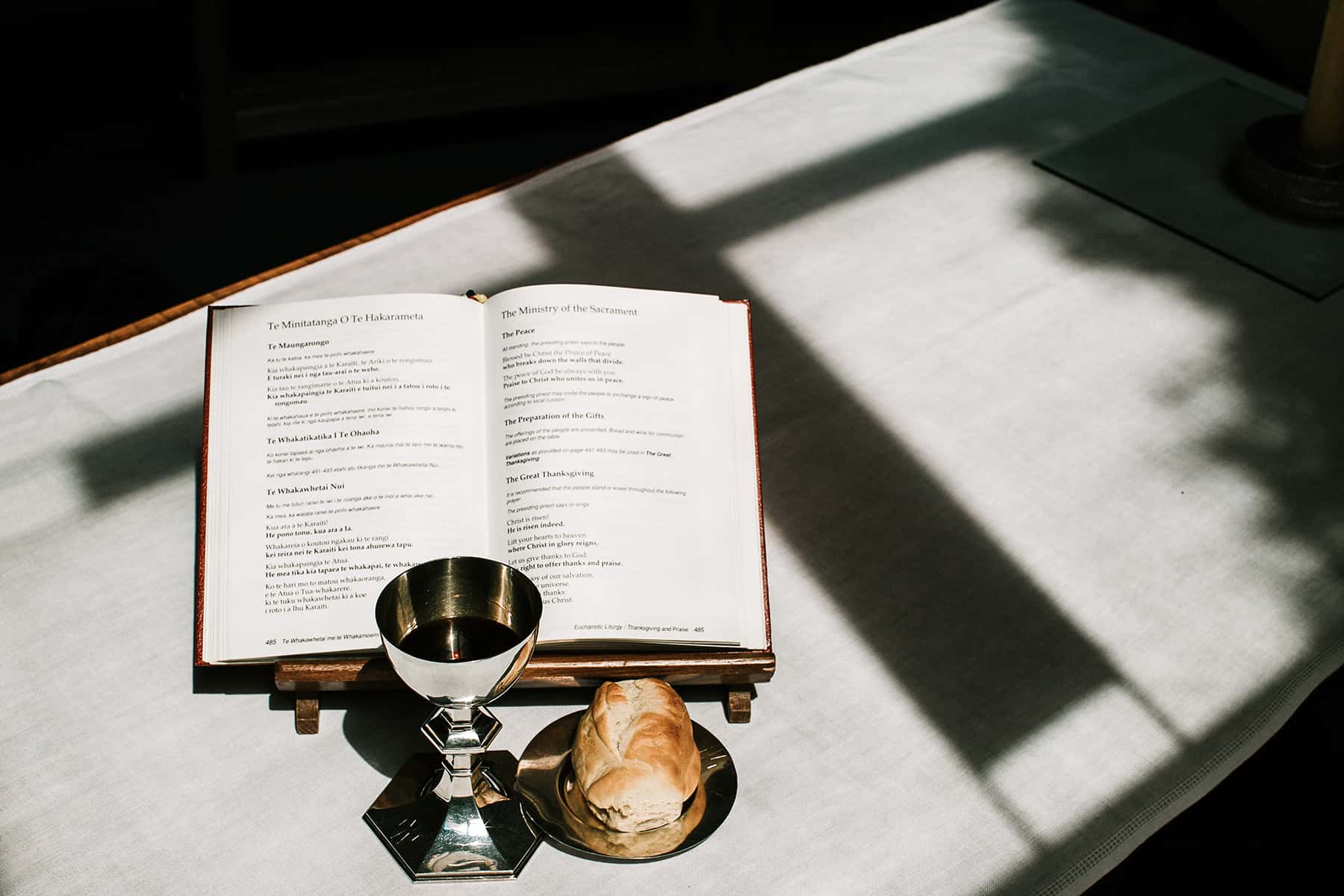
Conservative Roman Catholic Bishops in the United States have voted on a new guidance for the Eucharist. The move could result in a ban of pro-choice Catholics, and specifically President Joe Biden, from receiving the Holy Communion. The further politicalization of abortion threatens to polarize an already divided Roman Catholic Church.
When I first heard this news I was infuriated. Not because I am Catholic – I am not. And not because of my views on abortion. But because it reflected my own experience of being denied the Eucharist, a sting I still feel to this day.
I moved to Japan in 2001. It was a chapter in my life that I expected to last a few months, but turned out to extend for a decade. As I prepared to depart from Milwaukee, with all my possessions in storage, I stayed with my Grandmother for a few days. At the time she lived in Brookfield, and it was a bit of nostalgic comfort before I left behind everything that I knew.
I had spent every winter and summer of my youth in Brown Deer, living on the farm of my grandparents. Some of my dearest childhood memories were of those months of vacation with her, baking chocolate chip cookies while watching the Phil Donahue Show. She ultimately lived to be 104, and was the embodiment of a Depression-Era Christian wife and mother. I learned many life lessons from her, and that wisdom continues to guide me today.
As a young adult, I saw her devotion to faith after my Grandfather passed. And, I also saw how the Church preyed on her. I had never attended a service with my grandmother before, and had one opportunity to do so that coincided with my move overseas. My flight was scheduled for a Monday departure, which allowed me to visit the Lord’s house one least time on Sunday, before leaving American soil.
My theological background at that time was already very diverse with what I had been exposed to, both in persecution and enlightenment. But I, like most people, have spent my life on a faith journey seeking God in my own understanding. It has been a long road that even now stretches out before me.
The Eucharist, also referred to as Holy Communion or Lord’s Supper, is a Christian ritual that commemorates the Last Supper with Jesus and his disciples, the night before his Crucifixion. He gave them bread and wine, saying “this is my body, this is my blood, do this in remembrance of me…”
The Communion experience is a part of my earliest Church memory. As a child who loved bread, I was too young to partake of the “Communion wafers.” So at home I would flatten a slice of Wonder Bread and use a cookie cutter to make my own more delicious version. Otherwise, most things about religion were really confusing to me.
By the time I went to Church with my Grandmother, the Eucharist had become spiritually important to me. It had always been a Church ritual that amplified the social anxiety of my youth, and something everyone did without being able to articulately explain why. But I came to see it as a moment of personal fellowship with God, shared in a community environment to display my faith. So for the service that day, it was something important for me to participate in. Attaining a final blessing before I stepped into the great unknown of relocating to another country and culture.
My grandmother’s Church in Brookfield was Lutheran, but until my adulthood I did not realize there was more than one kind of Lutheran. I had learned that Martin Luther “protested” the Roman Catholic Church, and when his “Lutheran” movement broke away it started Protestantism. Without delving into the history of the Christian Church, I tended to think of denominations as rather monolithic, grouped together in one big silo. But even Lutherans had their divisions, formally known as synods.
When I lived in Georgia as a child, my family hid being Jewish by going to a Lutheran Church. So my experience was with the Evangelical Lutheran Church in America (ELCA). But at that young age, Church as an institution was a generic concept. I did not know what doctrines were, and only saw differences in building architecture and worship formats. My Grandmother’s Church in Brookfield was part of the Lutheran Church—Missouri Synod. I knew it to be more conservative, but I did not know what that meant.
The Sunday I went to worship with my Grandmother, I found out.
As we sat in the pews before the service started, I told her how much I was looking forward to taking Communion. At some point she excused herself and I sat there alone, thinking of the 14 hour flight to Nagoya that I would shortly embark on.
When my grandmother returned, she said that she had spoken to the pastor and he said I could not take Communion until he spoke with me after the Sunday service. I could then return the following Sunday for Eucharist if I wished.
I was very upset at my Grandmother, and felt betrayed. Why did she feel the need to get permission? She said that because I was not a member of the congregation, the pastor wanted to make sure I understood what the Eucharist meant. How could any adult who attended church not know what Communion was?
I had just explained to her why it was an important spiritual act for me. She also knew that I was on a plane in less than a day. I would be in Japan and unable to return the following Sunday. What part of “I’m leaving the country and want one last Communion before I go” did no one understand?
I told my grandmother that I still intended to take Communion. I felt that if I went up there at the alter, they would not publicly deny me. And if they did, it would be for everyone to see. But my grandmother begged me not to, as it would be an embarrassment to her.
That was the saddest thing of all. Beyond some guy arbitrarily deciding that he had the authority to stand between me and God’s most holy ritual. Beyond the institutional rejection of my access to God’s unconditional love – by grace through the sacrifice of His only begotten son, was that my grandmother put her fear of embarrassment over my spiritual health. She chose the warped dogma of strangers over the boy who she had helped raise, because she had been programmed to do so.
Grace is at the core of the Christian principle of Salvation. It is a gift that is given through the sacrifice on the Cross. It is not a prize to be earned, and not a distinction that gets handed out by some cabal of religious gatekeepers.
I did not blame my Grandmother. Her actions came as a result of the unhealthy social conditioning she had experienced at her Church, and their selfish ideology of exclusion. But it really hurt, and offered a bitter lesson. I had never in my life – before or since – been denied the Eucharist at a Christian church. Even the Catholic worship services I attended have been an open table, because it is a fellowship with the Lord where all are invited.
The memory of that denial had a transformative impact on my faith journey, as I explored being a Christian in non-Christian countries. I experienced a purity of faith lived by others in a way that I had never seen practiced. There was no Church dogma or social conventions that stood as barriers to prevent the expression of Lord’s love. The time I spent overseas built the spiritual foundation of my adult life.
My return to America after the 2011 Tōhoku earthquake and tsunami left me in a culture shock. Even more so regarding faith, to see people professing to be Christians who did so little to live the life of someone who actually followed the Messiah and His example. It was sad to realize how lazy Americans were with their faith.
Conservative Christians have always been a part of my Christian experience in America. From my youth, when I thought that Christianity itself was monolithic, to my early adulthood and trying to find which splintered faction of the religion made the most sense. To the recent last few years, when the Evangelicals and other so-called Christians supported the former Un-Christian president, and endorsed the monstrous acts of cruelty that he carried out.
It left me shaken, not in my faith but in the Church’s identity. For perspective, I was reminded that the Southern Baptists broke away from the Baptist church originally over the issue of slavery – because they embraced the horrific institution. Churches in both the North and South preached that God was on their side during the Civil War. But if the Holy Spirit lives in every person, which is a point made by the pro-life cult for a fetus but ignored in a living human, how can a person with a darker skin pigmentation be considered property – or “three-fifths” of a human?
I have had many reasons to not like the convention of Church, starting with its hypocrisy. But I have learned that as a human institution, it is as flawed as anything else humans organize. A Church is but a building where a community gathers, and the direction of the Church’s mission is a reflection of that community’s dysfunction.
In my childhood, I remember hearing that being Catholic was as bad as being a Jew – in the mind of the Southerners I grew up with. Of course, I should note that it was not until I was an adult that I learned Stone Mountain, Georgia was the birthplace of the modern KKK. Many of the peculiar things I had witnessed finally made more sense – like realizing the Sunday picnic I attended with a neighbor family at their Southern Baptist Church had been a Klan rally.
The numerous Protestant denominations reflect the division of beliefs and interpretation of Biblical scriptures, all affected by the society and politics of their time. But it is also clear that there are many people who claim to be servants of God or followers of His son who use religion as a weapon to punish and control others.
The Catholic Church has been victimized in Protestant communities, but it also has a long history of being a bully. I am reluctant to criticize an institution because it summarizes an overly simplistic view of a complex situation. However, where were these Conservative Catholic Bishops during the previous president’s reign of social terror?
I have heard that because the expelled former occupant of the White House was not Catholic, it was out of the jurisdiction of these Conservative Catholic Bishops. Then why do these same Conservative Catholic Bishops concern themselves with so many issues that are outside of their institutional parameters? Why does it matter to them if a Protestant woman has an abortion?
For the same reason that religious extremists reject getting a COVID-19 vaccination because God will protect them, but live in fear and need a gun to keep them safe. It is all a big lie about who has supremacy, and nothing to do with the Supreme Being.
Which is why the issue is so easy for these Conservative sycophants to draw attention to, as another distraction away from the predatory behavior of their leadership. The countless sexual abuse scandals within the American Catholic Church is well documented, and investigations are ongoing across Wisconsin right now. That “sinful” behavior is a systemic problem that continues to go unaddressed. So why is denying one man the Eucharist the litmus test of their faith? And why is this man – Joe Biden, who is only the second Catholic president, the direct target? A man who is a devout Catholic, who attends Mass every weekend, and who carries a rosary that belonged to his late son?
Joe Biden has said he personally believes that life begins at conception. But he also acknowledges that other people do not share his view, and that his political position did not give him the authority to enforce his religious beliefs about abortion on others.
I am not calling Joe Biden a saint. To be human is to be a sinner. But these Conservative Catholic Bishops, and their likeminded cohorts among Evangelical Christians who support the tyranny of White Supremacy, are doing the exact opposite – abusing their position of authority to force American society to abide by their egotistical ideology. They are using the fear of God as a weapon, without regard to its impact on vulnerable people or local communities. There is a long history of this dictatorial behavior from factions of the Christian Church, most notably during the Jim Crow era. It is no less monstrous now.
© Photo
Jаmes Cоlеmаn

